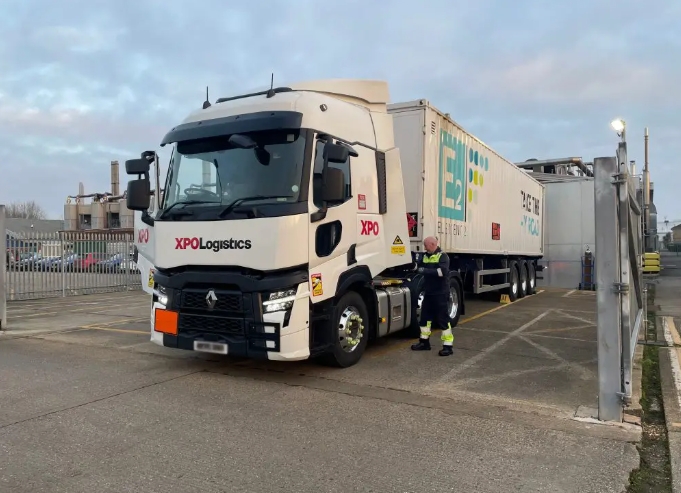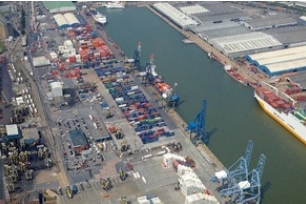
Hydrogen combustion engines operate by burning hydrogen, producing water vapor as the primary byproduct and emitting almost no CO2 during operation. MAHLE Powertrain is leveraging its expertise in alternative fuels to refine this technology, focusing on advanced fuel-injection systems tailored to hydrogen’s unique properties. Their Northampton facility, equipped with high-capacity dynamometers capable of handling 900 kilowatts and 4,000 Newton meters of torque, plays a crucial role in simulating real-world conditions for heavy-duty engines. Real-time safety systems and a continuous hydrogen supply ensure uninterrupted testing.
A key advantage of hydrogen combustion technology is its compatibility with existing diesel engine infrastructure. This allows industries to transition to hydrogen without overhauling their fleets or infrastructure, reducing financial and logistical burdens. Sectors like logistics, agriculture, and long-haul trucking, where electrification faces challenges due to weight and range limitations, stand to benefit significantly.
Jonathan Hall, MAHLE Powertrain’s Head of Research and Advanced Engineering, states: “Hydrogen combustion engines allow us to utilize decades of existing development and investment, making the path to decarbonization faster and more achievable for heavy-duty applications.”
The urgency for such solutions is underscored by the EU’s updated CO2 standards, which require a 45% reduction in emissions by 2030 and a 90% reduction by 2040 for heavy-duty vehicles. The UK government has committed £8.3 billion to develop the hydrogen industry and up to £21.7 billion for carbon capture projects, signaling hydrogen’s role as a critical fuel for the present and future.
MAHLE Powertrain is collaborating with partners like BorgWarner, Cambustion, PHINIA, and Hartridge to bring scalable hydrogen solutions to market. These efforts aim to meet upcoming EUVII and US27 legislative standards, ensuring the technology transitions from testing to high-volume production. Beyond heavy-duty trucking, hydrogen’s potential extends to aviation, rail, and maritime transport, offering a versatile solution for decarbonizing multiple industries.
Recent developments include MAHLE’s investment in green hydrogen testing methodologies, focusing on hydrogen produced via renewable energy-powered electrolysis. Their upgraded Northampton testing site features dual tube-trailer hydrogen storage, enabling continuous testing and underscoring their commitment to real-world solutions.
Hydrogen combustion engines are not a distant prospect but a practical solution being refined today. For fleet managers and businesses, hydrogen offers a way to reduce emissions with minimal disruption. For governments, it provides an additional tool to meet climate targets, particularly where electric solutions are less viable. The development of hydrogen-powered systems also supports job creation in manufacturing and infrastructure maintenance.
As regulatory deadlines approach, MAHLE Powertrain’s advancements in hydrogen technology offer a clear pathway to cleaner, sustainable transportation. While challenges remain, collaboration between companies and governments lays the groundwork for tackling emissions while maintaining economic momentum. Hydrogen combustion engines represent a critical step toward a greener future for heavy-duty transport and beyond.







